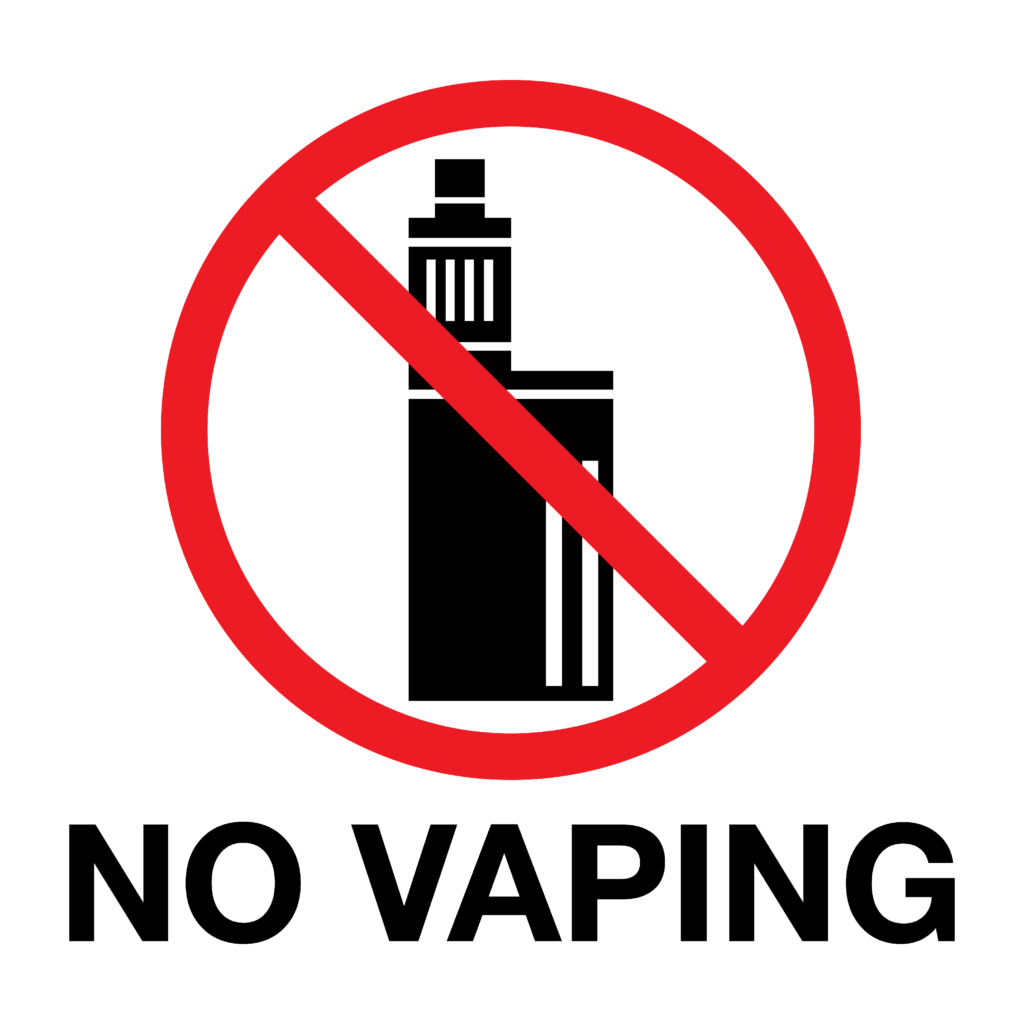New CDC statistics showed that 10 million Americans vape on a regular basis and 3 million of these users are under the age of 18 years old. Marketed as a “safer” alternative to smoking cigarettes, the widespread use of vapes has dramatically increased since its introduction in 2003.
Is vaping really much better than smoking cigarettes?
What it is: Vapes are hand-held battery-powered devices (e-cigarette) that mimic the actions and sensations of smoking a cigarette. They have a heating component, which atomizes tiny liquid particles (e-liquid), which turns into vapor. The exact composition of ingredients vary depending on the e-cigarette, but most contain nicotine, propylene glycol, glycerin, and other flavoring additives.
How it’s different from cigarettes: The most significant difference between vaping and smoking cigarettes is there is no tobacco or combustion involved.
Why vapes are alarming: E-liquid in vapes are found to contain levels of known carcinogens and toxic chemicals, as stated by the FDA. Many of these toxic chemicals that cause lung diseases are also found in cigarettes.
Risks of vaping: Nicotine is the primary element in vapes, which we all know, is highly addictive and has been known to cause certain cardiovascular diseases. It constricts the blood vessels and raises your blood pressure. In teens primarily, nicotine affects the development of the brain, leading to behavioral determinants such as anxiety, depression, difficulty concentrating, and other mood disorders.
Potential side effects:
-
Sore throat
-
Shortness of breath
-
Toxin exposure
-
Nicotine overdose
-
“Popcorn lung”
-
Gateway to other addictive substances
About Dr. Niket Sonpal:
Dr. Niket Sonpal is an Adjunct Assistant Professor at Touro College of Osteopathic Medicine and Clinical instructor at Kingsbrook Jewish Medical Center, Brooklyn who specializes in gastroenterology. He is a graduate of the Medical University of Silesia – Hope Medical Institute in Poland. After completing his residency in Internal Medicine at Lenox Hill Hospital, he was selected to be the 2013‐2014 Chief Resident at Lenox Hill Hospital–Northshore LIJ Health System. Dr. Sonpal has completed his Fellowship in gastroenterology & hepatology at Lenox Hill Hospital and continues his work in the field of medical student and resident test preparation. He now serves as the associate program director for the Internal Medicine Residency Program at Brookdale University Medical Center.
He is the co‐author for the best-selling Master the Boards: USMLE Step 2 CK, Master the Boards Step 3, And Master the Boards: Internal Medicine. He is also the Chief Operating Officer for Medquest Test Prep, Director of Medical Education for Picmonic Test Prep, and a recognized expert on medical test prep.


